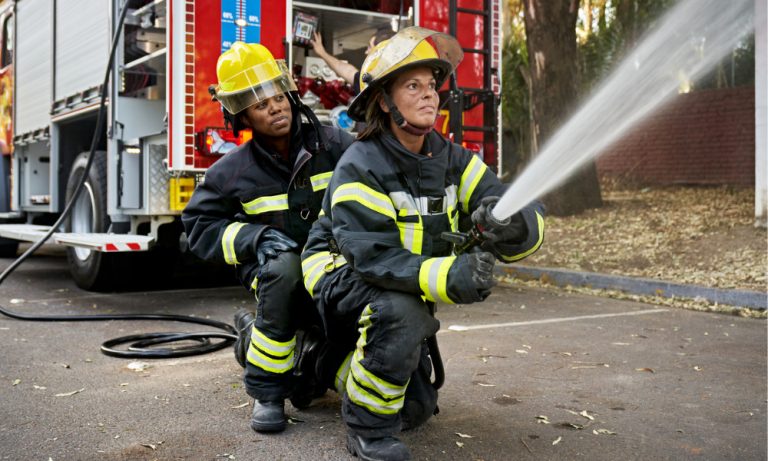Trying a gym trial is a lot like testing out a new café. Now swap the cappuccino for crash mats and foam beams, and you’ve got a trial class for your child at a local gym. Specifically, we’re talking about a Katong gym that promises movement, learning, and a whole lot of bouncing. But is one session enough to judge if a gym suits your child? Should you trust your instincts or wait for consistent performance? This article takes you through the surprises and signs you might overlook during that single trial.
The Quiet Evolution of Trial Classes
Trial classes weren’t always the norm. The concept of a single-session trial in children’s gyms and enrichment spaces gained popularity only in the last two decades. As parental decision-making grew more informed, gym providers began offering gym trials as a risk-free way to explore their offerings.
Today, trial classes serve as behavioural snapshots. Observing how a child responds to structured instruction, adapts to new environments, or interacts with peers tells us a lot. It’s a miniature model of how they might cope in preschool settings or team activities.
But don’t expect a Hollywood-style transformation in 45 minutes. Kids might cry, freeze, or bounce excitedly. This short window lets instructors and parents understand comfort levels, physical readiness, and whether a class is developmentally aligned.
At the Katong gym, for instance, trial classes reflect a long-standing approach of letting the child lead. Instructors observe how each child responds to space, sound, and suggestion rather than pushing them into performance. It’s a welcome contrast to environments that assess participation based on how quickly a child joins in.
What to Notice (and What to Ignore)
So, what exactly should parents be watching for during a trial class? It’s easy to hyperfocus on whether your child participates immediately, but that’s not always a red flag. Some children need time to warm up, especially in new environments. Resistance or clinginess in the first 15 minutes isn’t uncommon for first-timers. The concern arises if the instructor appears to dismiss or overlook these cues.
If your child is overwhelmed, look at how the coach responds. A good gym trial shows you how the environment adapts to your child, not the other way around.
Another red flag is unclear structure. Children, especially younger ones, thrive on predictable routines. At gyms like in Katong, a consistent warm-up, guided obstacle course, and cool-down ritual help kids settle and feel secure.
Also, keep an eye on hygiene and safety. Clean mats, hand sanitiser stations, and well-maintained equipment are non-negotiables in any gym. It’s the foundation of a safe, comfortable space.
Finally, watch how staff communicate with parents. While the child is the focus, the relationship between staff and family sets the tone for the experience ahead.
What You Learn in the First 15 Minutes
Trial classes might be short, but the first 15 minutes are surprisingly revealing. Within this timeframe, your child reveals how they manage transition, attention, and stimulation. And you, as a parent, get a quick peek into what daily classes might feel like logistically.
For younger children, the start of a gym trial is about easing into structure. If the class opens with a song, warm-up or group movement, pay attention to how your child reacts. All reactions are valid, but these early cues can help you understand whether the class environment complements your child’s temperament.
For older children, initial activities like balance walks, rope climbs, or mini relay games offer insight into fitness readiness and interest. Not every child is naturally sporty, but they should show at least some curiosity or effort. If they’re disinterested from the get-go, it might be worth revisiting timing, class type, or even their sleep schedule.
From the parent side, the first few minutes also test the logistics. These practical aspects matter more than we care to admit. At a gym in Katong, trial slots often offer flexible timings, giving families the chance to find a rhythm that doesn’t disrupt naptime or meals.
Don’t Just Try the Class—Try the Conversation Too
A gym trial offers far more than a taste of tumbling. It’s a compressed but meaningful opportunity to evaluate how your child engages with movement, how instructors adapt to unique personalities, and how the space supports development through both structure and flexibility. Whether it’s at the Katong gym or anywhere else, that single trial class can provide insight. Speak with the coach. Ask questions about your child’s response. Discuss what happens in future sessions. These conversations often reveal the real value of the programme beyond the moment.
Think one class isn’t enough to tell you anything? Book a trial with BearyFun Gym, and you might be surprised what your child’s first 15 minutes can teach you.

















